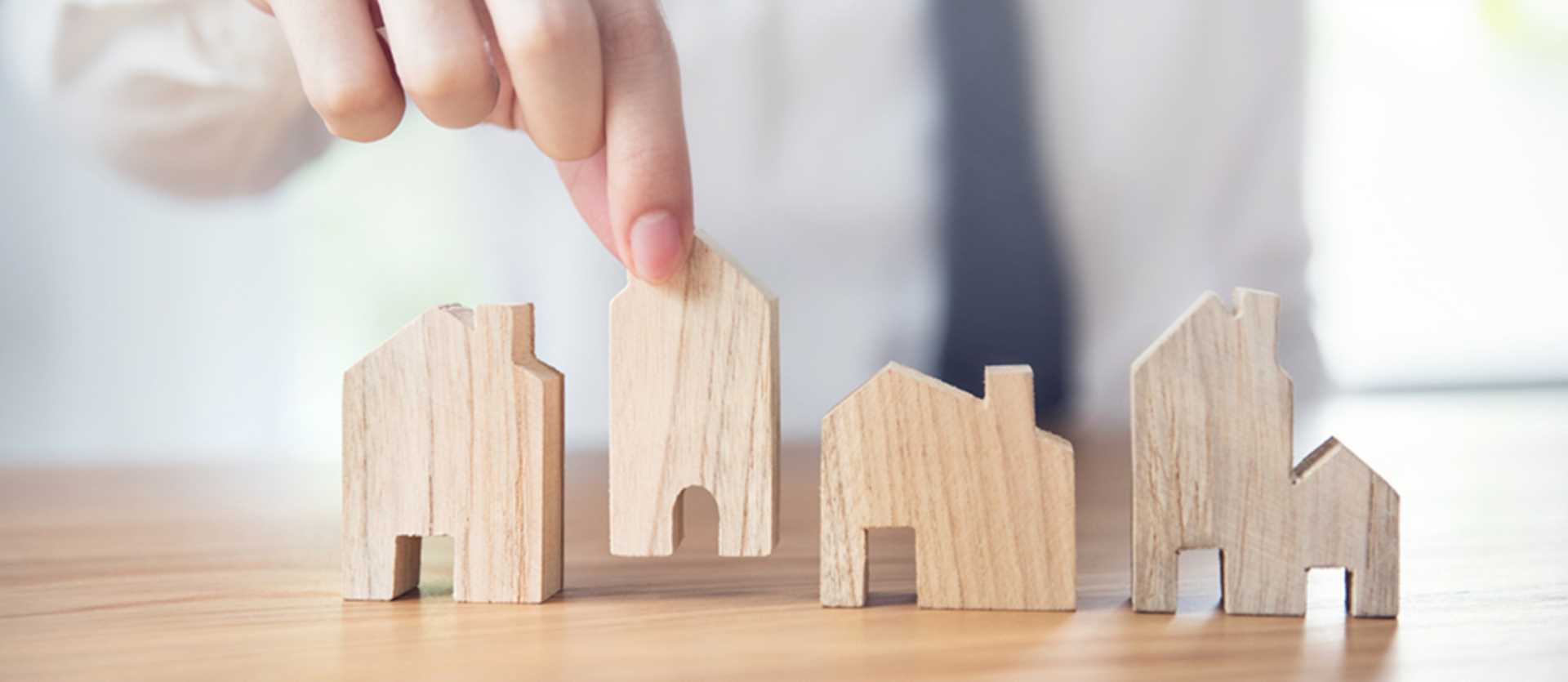
Date Published 24 August 2019
Buying a property is a big deal, and with it comes lots of technical and legal aspects to consider. Leases are one of the areas often discussed but also overlooked. A lease is a contract which determines what type of ‘legal ownership' comes with a property you purchase.
Here's our lowdown on leases and all you need to know to make an informed purchase and win in the property market:-
What is a Lease?
A lease defines the type of ownership you purchase when buying a property and how long you can live there for. Most flats come with a leasehold. Most houses (apart from some houses on shared ownership schemes) are sold with a freehold
Types of Leases?
1. Leasehold
When you purchase a leasehold property you are leasing the property for a fixed length of time. This time frame, shown as ‘years remaining' on property adverts can often be anywhere from 50 years (widely regarded as short) up to 999 years. Technically, when a lease runs down to 0 years, the property is given back to the freeholder – the person who has control of the lease and land. (Could be a person or a company) For this reason properties with short leases are less valuable than properties with longer leases.
Lease lengths can be extended or renewed, to improve the value and resale-ability, at a price set by the freeholder.
The advantages and disadvantages of owning a leasehold property:-
+ Leaseholders are not normally responsible in maintaining communal areas like entrance hallways, gardens, roofs and exterior features.
+ Leases are fairly easy to extend. All you need is permission from the freeholder, and employ a solicitor and surveyor at the right stages.
+ If you extend the lease before selling you can greatly improve your chances of selling the property for more money. (ie. A flat with a short lease is cheaper to buy than a flat with a long lease. (Long leases carry value.)
- There are management or ‘service charge' fees to be paid annually. The freeholder will set a yearly cost for maintenance, annual service charges and buildings insurance. This will then be split equally between all of the leaseholders in the development. The costs can vary massively and often depends on factors such as porterage, estate staff, lighting and upkeep of communal areas, communal heating and lifts etc.
- A ‘ground rent' would need to be paid annually. Most ground rents on Bournemouth property tend to be from £50 up to £300 per year.
- Permission is required for any major building works – ie. Replacing the windows or creating a new internal layout, installing gas central heating etc.
- There may be restrictions in place such as ‘no pets' or ‘no lodgers'. If these rules are breached then this can cause issues between the freeholder and leaseholder – the lease could become forfeit.
2. Freehold
When you purchase a freehold property, you essentially purchase the property and the land it is on. The property remains yours or your family's until you sell it. Freehold contracts are usually found with houses not flats, unless a flat comes with a ‘Share of the Freehold'.
The advantages and disadvantages of owning a freehold property:-
+ As there is no ‘managing agent' or ‘independent freeholder' there are usually no management or service charges to be paid. Same goes with ground rent – because you own the ground the property sits on!
+ You decided what does or doesn't remain as part of your property.
+ Generally worth more in value compared to properties with leasehold.
+ The freehold doesn't run down in years like leasehold contracts do, losing value and resale-ability; It is permanent and fixed.
- All repairs and maintenance that is needed is down to you to pay for.
- To modify the property's structure would require planning and legal permission.
3. Share of Freehold
(Also known as ‘collective enfranchisement') This is when a certain amount of leaseholders within a building that qualifies (50% of qualifying residents) have purchased the freehold entitlement from the current freeholder. A company or management committee is formed from those buying into the ‘share' of the freehold and this becomes a separate legal entity. A standard leasehold contract is still part of this agreement, but it can be easily renewed or modified.
This type of ownership is often sought after because owners have increased powers and rights in regarding to maintenance fees, rules and regulations for the building etc. Owners have a say in decisions that affect the building's upkeep and resident terms.
The advantages and disadvantages of owning a share of freehold property:-
+ More power and control over what is done to the building and how much this costs each freeholder – ie. Choosing contractors for repairs, cost of communal upkeep etc.
+ Generally more valuable to future buyers than leasehold properties.
+ Even though you still have a ‘counting down' lease attached to the freehold, this can be increased and renewed easily without large sums of money.
- Commitment and responsibility is needed because owners are in essence looking after the interests of the building and other residents.
- Maintenance and service charges are still required to maintain the building, however this is often cheaper per year in comparison to leasehold properties governed by ‘outside' managing agents, with their commission cuts being taken out of the equation.
Looking to buy homes or buy to let property investments in Bournemouth? Contact Fahren Estate Agents and the team can help! We can also advise first time buyers and landlords on the best property decisions to make.
Fahren Estate Agents cover Bournemouth for house, flat and bungalow sales. Our team have over 50 years combined experience in selling homes & property, and welcome a call (01202 551022) or email (Julian@fahren.co.uk) for advice or a free Bournemouth property valuation. Now is the time to find out how much your property is worth!